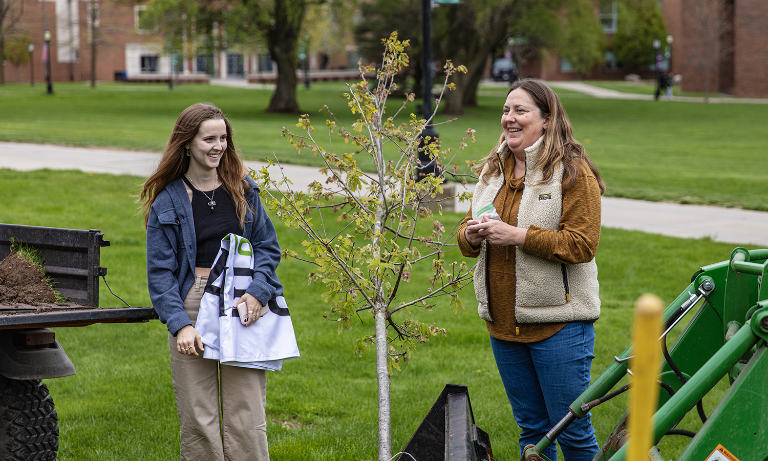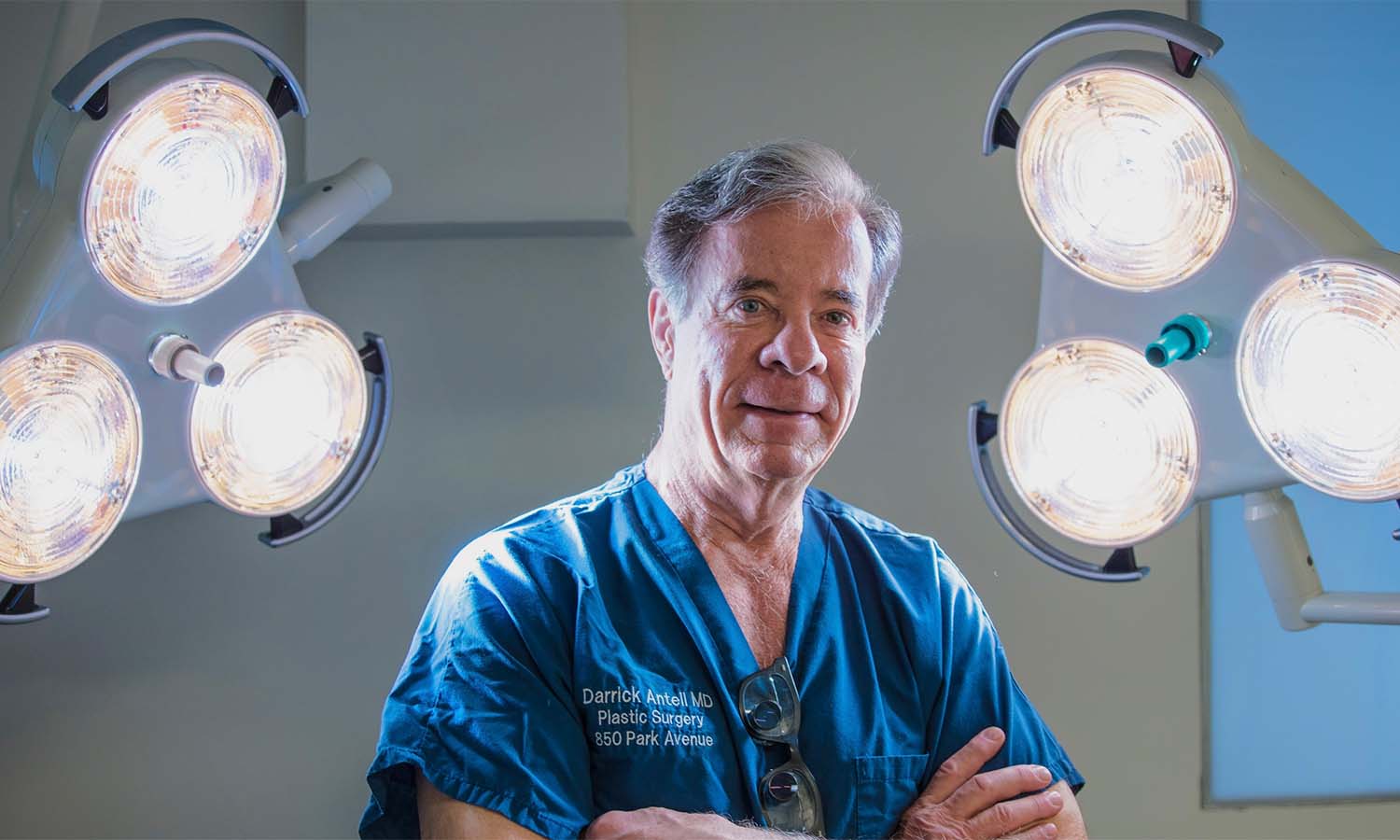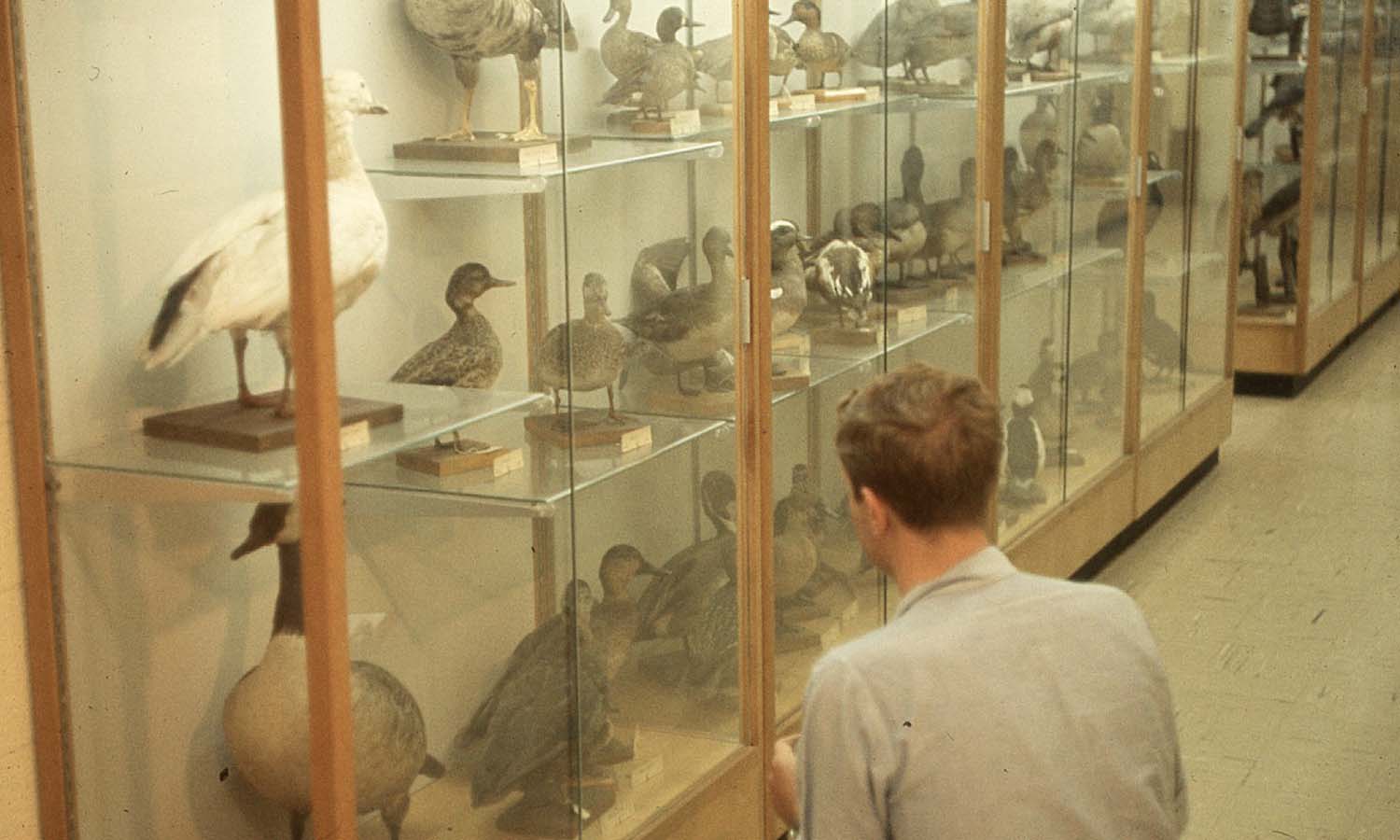
HWS News
4 December 2023 • STEM • Sustainability HWS Recognized by Princeton Review for Commitment to the Environment
The Princeton Review notes HWS is one of the most environmentally responsible schools in the country in its Guide to Green Colleges: 2024 Edition.
Among only a dozen schools in the country pledging to become climate neutral by 2025, Hobart and William Smith has been recognized by The Princeton Review as one of the most environmentally responsible schools in the country in its Guide to Green Colleges: 2024 Edition. HWS stands among 522 institutions recognized based upon the campus’ sustainability-related policies, practices and programs.
HWS received a high-green rating based on factors including:
- Whether students have a campus quality of life that is both healthy and sustainable.
- How well students are prepared for employment in the clean-energy economy and citizenship in a world defined by environmental concerns and opportunities.
- How environmentally responsible policies are.
The guide also cites schools’ sustainability distinctions. Hobart and William Smith was recognized last year by Bee Campus USA for its protection of pollinators and by Tree Campus Higher Education for a commitment to preserve and grow the number of trees on campus.
Colleges and universities that are recognized by Bee City USA agree to protect pollinators by increasing the abundance of native plants, providing nesting sites and reducing the use of pesticides. Colleges and universities that are recognized as part of the Tree Campus Higher Education program by the Arbor Day Foundation are dedicated to preserving and growing the number of trees on their campus to make their campus healthier.
The Colleges also generate 50 percent of the campus’ electricity from two solar farms, which together represent one of the largest higher education solar installations in New York State. The first farm, located on Route 14 N, went online in 2016, followed the next year by the Gates Road site. The rest comes from wind purchased through markets.
Six electric vehicle charging stations are also available for use, providing a carbon-free source of electricity.
A few of the sustainability projects that have occurred this past year with the help of the Buildings and Grounds Department included an Arbor Day tree planting event, establishing additional pollinator-friendly plant areas, and erecting new signage for no-mow zones. A no-mow zone is an area where grass is allowed to grow higher than normal to provide a habitat for pollinators and reduce emissions used from lawnmowers cutting at a more frequent pace. Wildflowers were planted in the zones, too.
HWS also oversees many programs on sustainability, including HWS Food Week and Earth Week.
Top: Erin Kluge '23 and Associate Professor of Environmental Studies Kristen Brubaker plant a tree on Arbor Day, one of the many sustainability initiatives performed by the Colleges.



